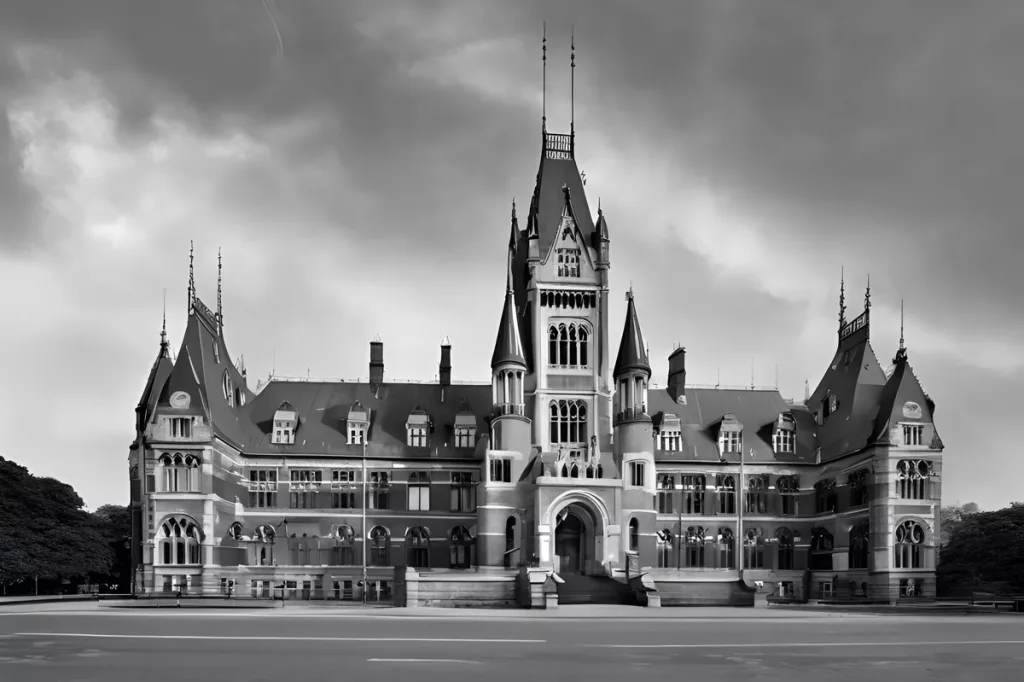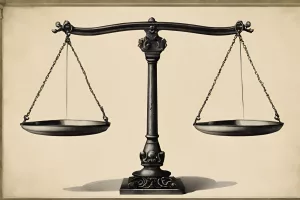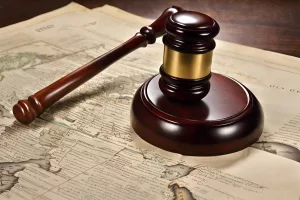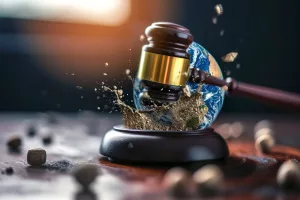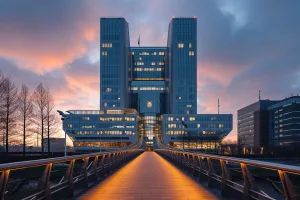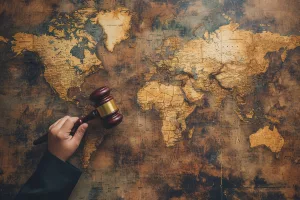South Africa has urged the International Court of Justice (ICJ) to intervene in the Gaza crisis following Israel’s attacks on Rafah. South African Presidential spokesperson, Vincent Magwenya, voiced concern over the crisis and appealed to the ICJ to judge if Israel’s military operations in Rafah justified the Court’s involvement to prevent further infringement of Palestinian rights in Gaza. The ICJ’s response will likely have extensive effects on the region’s political environment and international relations.
The International Court of Justice is set to deliver a verdict on allegations of genocide committed in Gaza by Israel, brought forth by South Africa. The case invokes the Genocide Convention and holds immense significance for international diplomacy and human rights. Tension and expectation diffuse onto social media as the world awaits the verdict, which is not just a legal resolution but a moment of reckoning for our collective moral compass.
The International Court of Justice (ICJ) will announce its verdict on South Africa’s appeal against Israel on January 26, 2024. The ruling will focus on whether “provisional measures” should be executed to protect the Palestinian population from further damage in accordance with the Geneva Convention. The outcome will have significant implications for conflict resolution worldwide and may establish new benchmarks in international law.
South Africa’s Justice Minister, Ronald Lamola, has led a team of lawyers to present a case of genocide against Israel to the International Court of Justice (ICJ). They accuse Israel of indiscriminately bombing and blockading Gaza, resulting in the deaths of over 23,000 Palestinians, including 10,000 children. The multinational team, including esteemed professionals in international law, human rights, and advocacy, aims to seek justice for victims and prevent further atrocities in the region. Leading figures in South Africa’s legal brigade include Professor John Dugard, Advocate Max du Plessis, and Advocate Adila Hassim.
A legal battle between South Africa and Israel is unfolding at the International Court of Justice (ICJ), with South Africa accusing Israel of committing genocide. The case has sparked worldwide attention and debates about international relations and human rights activism. While opinions on the case are varied, the ICJ’s ruling will shape the norms for international diplomacy, and the outcome remains uncertain.
South African President Cyril Ramaphosa has stated that it is South Africa’s moral responsibility to bring Israel’s military actions against Hamas in Gaza to the attention of the International Court of Justice (ICJ) as he believes that there is genocide taking place in Israel. Ramaphosa’s decision is rooted in South Africa’s commitment to human rights, which he believes is a cornerstone of their international identity. He has also criticized the newly launched Umkhonto weSizwe party, which has the backing of former President Jacob Zuma, and reiterated the ANC’s leadership role in the country.

